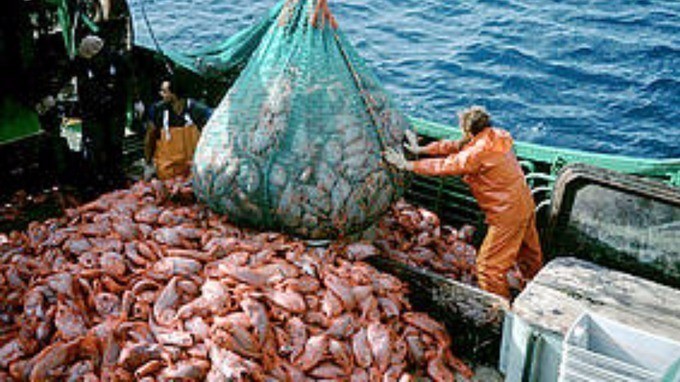
Marine Species
A new report on the health of the ocean finds that the marine vertebrate population has declined by 49 percent between 1970 and 2012.
WWF’s Living Blue Planet Report tracks 5,829 populations of 1,234 mammal, bird, reptile and fish species through a marine living planet index. The evidence, analyzed by researchers at the Zoological Society of London, paints a troubling picture. In addition to the plummeting number of marine vertebrate species, populations of locally and commercially fished fish species have fallen by half, with some of the most important species experiencing even greater declines.
These findings coincide with the growing decline of marine species, where the deforestation rate of mangroves exceeds even the loss of forests by 3-5 times; coral reefs could be lost across the globe by 2050 and almost one-third of all seagrasses have been lost.
Mangroves provide spawning grounds and nurseries for fish, protect coastlines and store carbon—but a fifth of global mangrove area was lost between 1980 and 2005. Photo credit: Jürgen Freund / WWF
Global climate is one of the major drivers causing the ocean to change more rapidly than at any other point in millions of years. The oceans store huge quantities of energy and heat, but as the climate responds to increasing carbon emissions, the exchange intensifies. This may result in extreme weather events, changing ocean currents, rising sea temperatures and increasing acidity levels—all of which aggravate the negative impacts of overfishing and other major threats such as habitat degradation and pollution.
Finding Solutions for Saving Oceans
Though the challenge seems immense, it’s possible for governments, businesses, communities and consumers to secure a living ocean. To reverse the downward trend we need to preserve the oceans natural capital, produce better, consume more wisely and ensure sustainable financing and governance.
Our ocean needs a strong global climate deal and work is already underway as President Obama and leaders of the Arctic nations recently pledged to work together to boost strong action on climate change. But more needs to be done to prioritize ocean and coastal habitat health.
